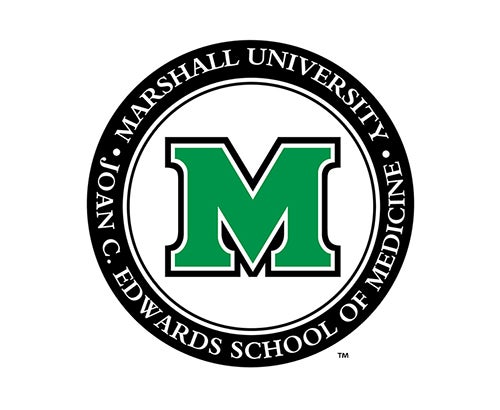Through a new $374,000 grant from Pew Charitable Trusts, the West Virginia Antibiotic Awareness initiative will develop a statewide dashboard, or method of feedback, for West Virginia Medicaid providers who prescribe antibiotics to children. Provider feedback will be based on antibiotic prescribing guidelines by the Centers for Disease Control and Prevention (CDC) and American Academy of Pediatrics (AAP), which have proven effective in various health care organizations.
This pilot program aims to increase guideline-concordant antibiotic prescribing while reducing unnecessary antibiotic exposure, which has been linked to numerous potential adverse effects. In conjunction with ongoing work with the West Virginia Department of Health and Human Resources (WV DHHR), the pilot program will be supported by statewide educational outreach activities to help empower providers with the most updated information about antibiotic use. Particular focus will be placed on the contributing sociodemographic and geographic factors that influence prescribing within the state.
Led by Marshall’s pediatric infectious disease experts, Assistant Professors Jacob T. Kilgore, M.D., M.P.H., and Mariana Lanata, M.D., the West Virginia Antibiotic Awareness initiative was launched in May 2022 through a WV DHHR grant. Their work has already culminated in numerous local, regional and statewide presentations as well as a publication detailing their work to date in the Journal of Pediatrics Infectious Diseases Society (JPIDS), a premier pediatric infectious diseases journal. However, Kilgore and Lanata are most passionate about the potential positive impact this work can have on the children of West Virginia.
“West Virginia consistently ranks first nationally for per capita antibiotic prescription rates in both pediatric and adult outpatient populations,” Kilgore said. “However, we know our providers are working tirelessly to serve the children of our state. Our hope is to team up with these pillars of our medical community to help maximize the care we can offer.”
“Antibiotics are an incredible tool for medical providers and help us save so many lives; however, many infections, such as viruses, are not caused by bacteria, and in those scenarios, antibiotics are not needed or helpful,” Lanata said. “These are sometimes tricky to tell apart. To avoid the emergence of antibiotic resistance and limit adverse effects in our patients, we all need to use antibiotics cautiously. We truly want to serve as a tool for our community to help keep West Virginia wild, wonderful and well!”
Additional information about the West Virginia- Antibiotic Awareness initiative is available at https://jcesom.marshall.edu/wv-antimicrobial-awareness. The website also includes resources for health care providers and patients, including management summaries for common outpatient antibiotic uses and more.

